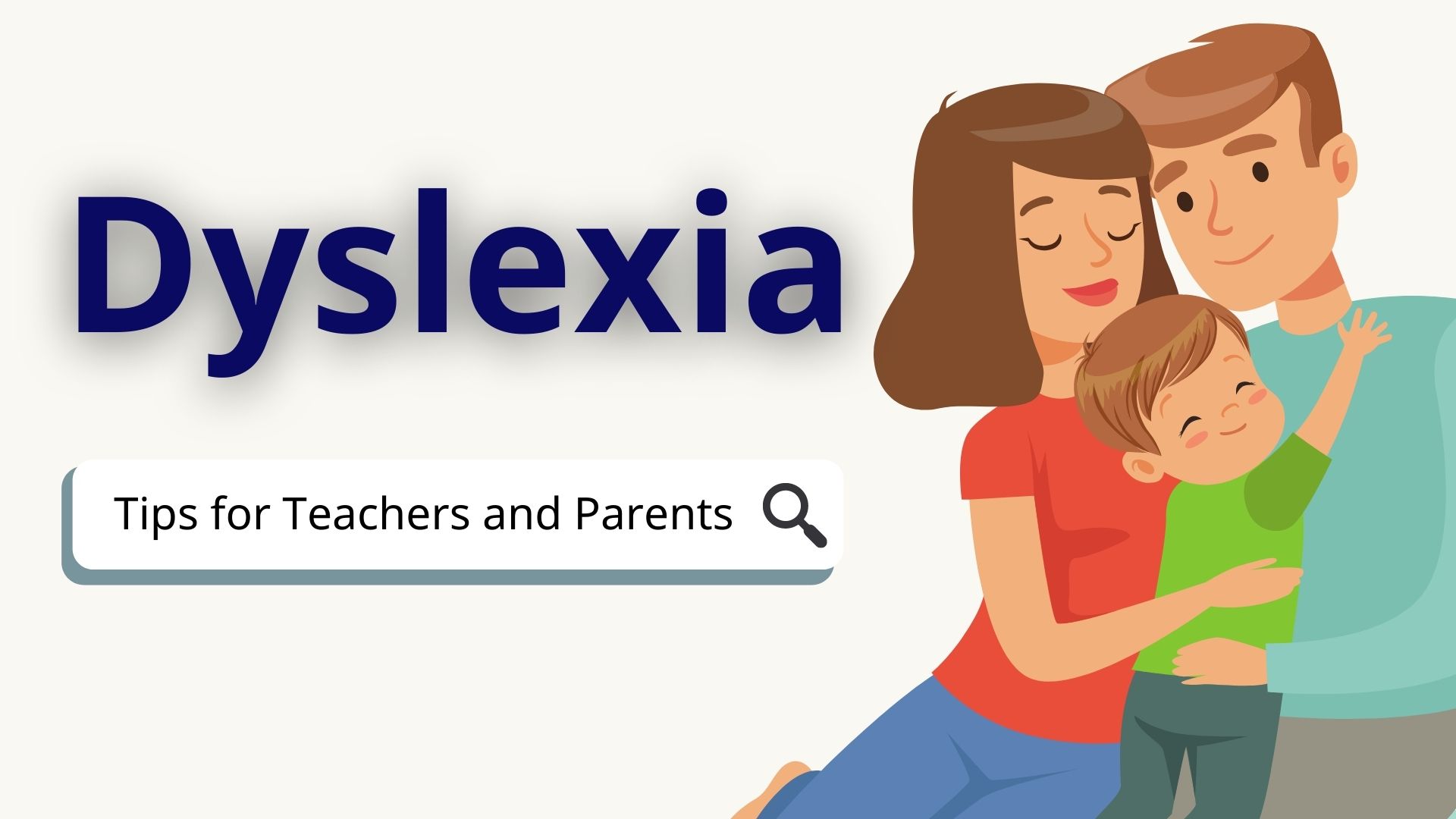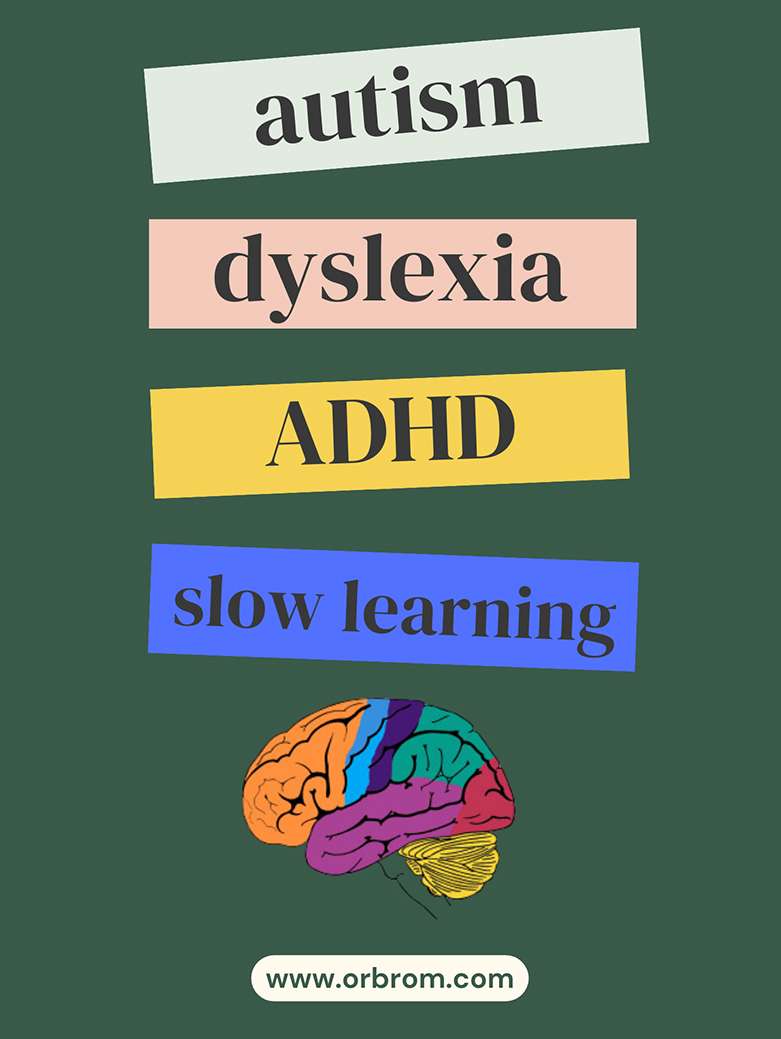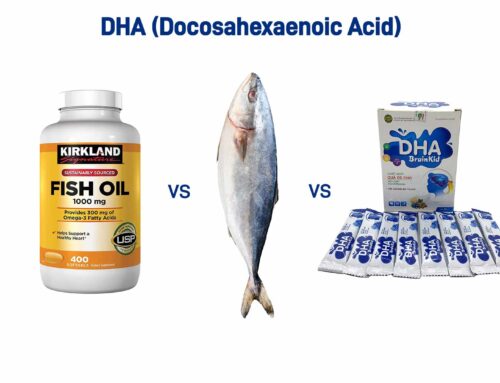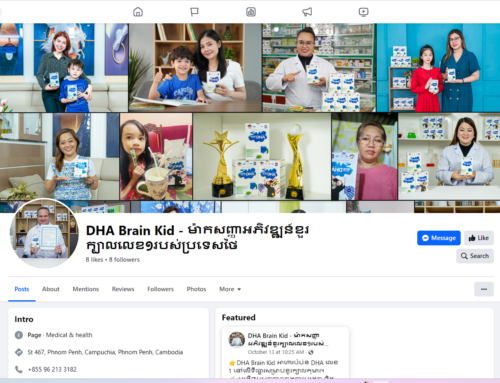Dyslexia is a learning disorder that affects the ability to read and spell. It is the most common learning disorder in children, affecting about 5-10% of the population. Dyslexia is not a sign of low intelligence. In fact, many people with dyslexia are highly intelligent.
What are the symptoms of dyslexia?
The symptoms of dyslexia can vary from person to person. Some common symptoms include:
- Difficulty reading and spelling
- Difficulty with word recognition
- Difficulty decoding words
- Difficulty blending sounds together
- Difficulty understanding what is being read
- Slow reading speed
- Poor reading comprehension
- Confusion with letters and words that look similar
- Omitting letters or words when writing
- Adding or transposing letters when writing
How is dyslexia diagnosed?
Dyslexia is diagnosed by a qualified professional, such as a psychologist or educational diagnostician. They will typically conduct a comprehensive assessment that includes tests of reading, spelling, and other cognitive skills.
What are the causes of dyslexia?
The exact cause of dyslexia is unknown, but it is thought to be caused by a combination of genetic and environmental factors. Dyslexia is often inherited, and it is more common in families with a history of learning disorders. Environmental factors, such as prenatal exposure to certain toxins, may also play a role in dyslexia.
How is dyslexia treated?
There is no cure for dyslexia, but there are treatments that can help people with dyslexia manage their symptoms and learn to read and write effectively. Treatment typically involves a combination of special education services, tutoring, and accommodations.
How can you help a child with dyslexia?
If you think your child may have dyslexia, it is important to get them tested as soon as possible. Early diagnosis and intervention can make a big difference in a child’s success. Here are some tips for helping a child with dyslexia:
- Provide your child with extra support and tutoring.
- Use accommodations, such as extra time on tests and assistive technology, to help your child succeed.
- Create a positive and supportive learning environment.
- Teach your child coping strategies for dealing with their challenges.
- Celebrate your child’s successes.
Tips for adults with dyslexia
If you are an adult with dyslexia, there are a number of things you can do to manage your symptoms and succeed in life. Here are some tips:
- Use assistive technology, such as text-to-speech software and grammar checkers.
- Ask for accommodations at work or school.
- Find a support group or mentor.
- Develop coping strategies for dealing with your challenges.
- Celebrate your successes.
Dyslexia-friendly tips for writing
If you are writing for an audience that may include people with dyslexia, there are a few things you can do to make your writing more accessible:
- Use simple language and avoid jargon.
- Use short sentences and paragraphs.
- Use clear and consistent fonts.
- Avoid using italics and bolding.
- Use white space to break up your text.
- Use images and videos to illustrate your points.
Dyslexia is a learning disorder that affects the ability to read and spell. It is the most common learning disorder in children. Dyslexia is not a sign of low intelligence. In fact, many people with dyslexia are highly intelligent.
There is no cure for dyslexia, but there are treatments that can help people with dyslexia manage their symptoms and learn to read and write effectively. Treatment typically involves a combination of special education services, tutoring, and accommodations.
If you think your child may have dyslexia, it is important to get them tested as soon as possible. Early diagnosis and intervention can make a big difference in a child’s success.
Services for Autism, ADHD, Dyslexia, Spelling Difficulty, social and slow learning, Down Syndrome, and Selective Mutism. OrbRom is the best option in Phnom Penh.
If you are concerned about your child’s development, Contact OrbRom Center for Assessments.
Phone/Telegram: 077.455.993
Telegram Link: https://t.me/OrbRom







